Browse
by Subject
By Area: Latin America and the Caribbean
View: By Date | Alphabetical | eBooks | Paperbacks
-
 Published December 2025
Published December 2025 A Revelatory Pandemic
Crisis, Agency, and COVID in Latin America
Barrios, R. & García-Acosta, V. (eds)
Bringing the anthropologies of disaster, epidemics, and crisis into conversation, A Revelatory Pandemic subjects the hopeful expectations of post-pandemic change to social-scientific scrutiny across Latin America and challenges popular and scholarly assumptions about the causes and outcomes of crisis.
Subjects: Medical Anthropology Political and Economic Anthropology Sociology
eBook -
 Published September 2025
Published September 2025 A Long Journey Home
Losing and Remaking Home following Conflict and Displacement
Pérez Murcia, L. E.
A Long Journey Home examines the experiences of those whose sense of home has been disrupted by decades of conflict and violence. It highlights the profound feelings of loss and the enduring struggle of living without a home – an experience that can last for years or even decades.
Subjects: Refugee and Migration Studies Anthropology (General)
-
 Published July 2025
Published July 2025 Language and Political Subjectivity
Stancemaking, Power and Politics in Chile and Venezuela
Makihara, M. & Rodríguez, J. L.
Language and Political Subjectivity offers an innovative approach to stancemaking as a rhetorical semiotic process that produces truth, beliefs, and certainties about social realities and relations. It considers how Indigenous and diasporic communities, with their political subjectivities, expand over significant sociohistorical changes, debates, and struggles in the transformation of Chilean democracy and Venezuela’s Bolivarian Revolution.
Subject: Political and Economic Anthropology
eBook -
 Published March 2025
Published March 2025 Groundwater Politics
Advanced Extractivism and Slow Resistance
Babidge, S.
The expanding mining industry in the Indigenous Atacameño-Likanantay territories in the hyper-arid Salar de Atacama in Chile are linked to the ecological harm to groundwater. The book addresses recent socioeconomic and political conditions it calls ‘advanced extractivism’ and asks how both ecological harm and mining economies are sustained.
Subjects: Environmental Studies (General) Political and Economic Anthropology Development Studies Sustainable Development Goals
eBook -
 Published October 2024
Published October 2024 Subjectivity at Latin America's Urban Margins
Kopper, M. & Richmond, M. A. (eds)
Subjectivity at Latin America's Urban Margins investigates how margins are actively produced, upheld, and challenged through the process of subject-making and margin-drawing by a multiplicity of actors affecting Latin American cities today.
Subjects: Urban Studies Anthropology (General) Cultural Studies (General)
eBook -
 Published February 2024
Published February 2024 Embodying Exchange
Materiality, Morality and Global Commodity Chains in Andean Commerce
Müller, J.
Embodying Exchange addresses the infrastructural, legal and moral complexities in contemporary world trade through an ethnographic analysis of the interface of multinational brand manufacturers and popular traders in the Bolivian Andes.
Subjects: Political and Economic Anthropology Development Studies
eBook -
 Published November 2023
Published November 2023 Designing Knowledge Economies for Disaster Resilience
Case Studies from the African Diaspora
Waldron-Moore, P. (ed)
Acknowledging that low economic development and high climate costs do not equitably coexist, this collected volume interrogates the challenge for disaster-prone territories to determine supplemental strategies for restructuring and redesigning their environment.
Subjects: Environmental Studies (General) Political and Economic Anthropology Development Studies Sustainable Development Goals
-
 Published October 2023
Published October 2023 The Amazonian Puzzle
Ethnic Positionings and Social Mobilizations
Boyer, V.
By examining the multiple cultural and ethnic threads that traverse this landscape, The Amazonian Puzzle sets out to show how the category of caboclo (a powerful spiritual entity to some, and to others a despised peasant of mixed ancestry) reveals deep currents of ethnic recompositions, religious interpenetration, and social hierarchy.
Subjects: Anthropology (General) Sociology
eBook -
 Published September 2023
Published September 2023 Between the Forest and the Road
The Waorani Struggle for Living Well in the Ecuadorian Oil Circuit
Bravo Díaz, A.
During the past two decades Ecuadorians have engaged in a national debate around Buen Vivir (living well). This ethnography discusses one of the ways in which people experience well-being or aspire to live well in Ecuadorian Amazonia. Waponi Kewemonipa (living well) is a Waorani notion that embraces ideas of good conviviality, health and certain ecological relations.
Subjects: Anthropology (General) Political and Economic Anthropology Environmental Studies (General) Sustainable Development Goals
eBook -
 Published August 2023
Published August 2023 The Feeling of the Fall
An Ethnographic Writing Experiment between the Belize Barrier Reef and the Edges of Toronto, Ontario
Taccone, I.
As an inquiry into engagements with forces of loss and threat, this work explores experimental ways to write about climate crisis in anthropology. From Belize to Ontario and back, this ambitious piece of ethnographic writing set during a time “beyond ruin” in a fictional, ecotourist community in the year 2040.
Subjects: Anthropology (General) Environmental Studies (General) Urban Studies
eBook -
 Published July 2023
Published July 2023 Romani Chronicles of COVID-19
Testimonies of Harm and Resilience
Blasco, P. G. y & Fotta, M. (eds)
A ground-breaking volume that gathers the testimonies of NGO workers, street vendors, activists, scholars, health professionals, and creative writers to chronicle the devastating impact of COVID-19 on Romani communities globally.
Subjects: Anthropology (General) Sociology Medical Anthropology
eBook
Paperback available -
 Published June 2023
Published June 2023 Creation and Creativity in Indigenous Lowland South America
Anthropological Perspectives
Halbmayer, E. & Goletz, A. (eds)
Investigating local Indigenous processes of creation and creativity, this book uses ethnographic and comparative anthropological perspectives to enquire about creative transformative practices in lowland South America.
Subjects: Anthropology (General) Cultural Studies (General)
eBook -
 Published April 2023
Published April 2023 The Power of the Story
Writing Disasters in Haiti and the Circum-Caribbean
Joos, V., Munro, M. & Ribó, J. (eds)
A cross-disciplinary volume that combines and puts into dialogue perspectives on disasters, this book includes contributions from anthropology, history, cultural studies, sociology, and literary studies. Offering a rich and diverse set of arguments and analyses on the ever-relevant theme of catastrophe in the circum-Caribbean, it will encourage debate and collaboration between scholars working on disasters from a range of disciplinary perspectives.
Subjects: Political and Economic Anthropology Cultural Studies (General) Sociology
Paperback available -
 Published October 2022
Published October 2022 Living on a Time Bomb
Local Negotiations of Oil Extraction in a Mexican Community
Schöneich, S.
Providing a holistic understanding of extensive oil extraction in rural Mexico, this book focuses on a campesino community, where oil extraction is deeply inscribed into the daily lives of the community members. The book shows how oil shapes the space where it is extracted in every aspect and produces multiple uncertainties.
Subjects: Anthropology (General) Environmental Studies (General) Sustainable Development Goals
Paperback available -
 Published May 2022
Published May 2022 Theorizing Relations in Indigenous South America
González Gálvez, M., Di Giminiani, P., & Bacchiddu, G. (eds)
Whether invented, discovered, implicit, or directly addressed, relations remain the main focus of most anthropological inquiries. These relations, once conceptualized in ethnographic fieldwork as self-evident connections between discrete social units, have been increasingly explored through local ontological theories. This collected volume explores how ethnographies of indigenous South America have helped to inspire this analytic shift.
Subjects: Theory and Methodology Cultural Studies (General)
eBook
Paperback available -
 Published May 2022
Published May 2022 Continental Transfers
Cultural and Political Exchange among Spain, Italy and Argentina, 1914-1945
Fuentes Codera, M. & Dogliani, P. (eds)
The cultural and political connections between Spain, Italy and Argentina developed complex transnational transfers over the course of two World Wars. Bringing together scholars from all three nations, Continental Transfers configures a multidirectional approach to the nations’ reciprocal exchange using new theoretical ground to understand the development links to the construction of national and supranational identities, such as Latinism and Hispanism.
Subjects: History: 20th Century to Present History: World War I History: World War II
eBook -
 Published May 2022
Published May 2022 The Walls of Santiago
Social Revolution and Political Aesthetics in Contemporary Chile
Gordon-Zolov, T. & Zolov, E.
The response in Chile to Santiago’s metro’s fare hike in October of 2019 has grown into a strong and multi-faceted resistance movement. Through incisive and topical analysis, the authors offer a beautiful catalog of photographs of the murals, graffiti, and other forms of political art, reflecting on these aesthetic traditions and their relationship to the broader context of global protest movements and the long shadow cast by memories of the Pinochet regime.
Subjects: Media Studies History: 20th Century to Present
eBook
Paperback available -
 Published April 2022
Published April 2022 Nurturing the Other
First Contacts and the Making of Christian Bodies in Amazonia
Grotti, V.
Combining archival research, oral history and long-term ethnography, this book studies relations between Amerindians and outsiders such as American missionaries through a series of contact expeditions that led to the 'pacification' of three native Amazonian groups in Suriname and French Guiana.
Subjects: Anthropology (General) Colonial History Anthropology of Religion
eBook -
 Published March 2022
Published March 2022 The Aesthetics of Rule and Resistance
Analyzing Political Street Art in Latin America
Bogerts, L.
Through illuminating case studies of street art in Buenos Aires, Bogotá, Caracas, and Mexico City, The Aesthetics of Rule and Resistance explores the visual strategies of persuasion and meaning-making employed by both rulers and resisters to foster self-legitimization, identification, and mobilization.
Subjects: History: 20th Century to Present Urban Studies Cultural Studies (General)
eBook
Paperback available -
 Published February 2022
Published February 2022 An American Icon in Puerto Rico
Barbie, Girlhood, and Colonialism at Play
Aguiló-Pérez, E. R.
Since her creation in 1959, Barbie has become an icon of femininity to girls all over the world. In this monograph, author Emily R. Aguiló-Pérez explores the ways through which women and girls in Puerto Rico construct their own identities in relation to femininity, body image, race, and nationalism through Barbie play.
Subjects: Gender Studies and Sexuality Cultural Studies (General) Sociology
eBook
Paperback available -
 Published November 2021
Published November 2021 Good Enough Mothers
Practicing Nurture and Motherhood in Chiapas, Mexico
López, JM
Motherhood in Mexico is profoundly shaped by the legacy of colonialism. This ethnography situates motherhood in a critical global health analysis of maternal health inequalities and interventions in the southeast state of Chiapas.
Subjects: Gender Studies and Sexuality Anthropology (General)
eBook
Paperback available -
 Published August 2021
Published August 2021 Latin America and Refugee Protection
Regimes, Logics, and Challenges
Jubilut, L. L., Vera Espinoza, M., & Mezzanotti, G. (eds)
Looking at refugee protection in Latin America, this landmark edited collection assesses what the region has achieved in recent years. The book analyses Latin America’s main documents in refugee protection, evaluates the particular aspects of different regimes, and reviews their emergence, development and effect, to develop understanding of refugee protection in the region.
Subjects: Refugee and Migration Studies Political and Economic Anthropology Sustainable Development Goals
eBook
Paperback available -
 Published July 2021
Published July 2021 Peter Lilienthal
A Cinema of Exile and Resistance
Sandberg, C.
Peter Lilienthal is the first comprehensive study of Lilienthal’s life and career, highlighting the distinctively cross-cultural and transnational dimensions of his oeuvre, and exploring his role as an early exemplar of a more vibrant and inclusive European film culture.
Subject: Film and Television Studies
eBook -
 Published June 2021
Published June 2021 Sovereign Forces
Everyday Challenges to Environmental Governance in Latin America
McNeish, J.-A.
Sovereignty is a significant force regarding the ownership, use, protection and management of natural resources. By placing an emphasis on the complex intertwined relationship between natural resources and diverse claims to resource sovereignty, this book reveals the backstory of contemporary resource contestations in Latin America and their positioning within a more extensive history of extraction in the region.
Subjects: Environmental Studies (General) Political and Economic Anthropology Peace and Conflict Studies Sustainable Development Goals
eBook
Paperback available -
 Published March 2021
Published March 2021 The Struggle for the Past
How We Construct Social Memories
Jelin, E.
Organized around Argentine “memory wars” since the 1970s, The Struggle for the Past undertakes an innovative exploration of memory’s dynamic social character. In addition to its analysis of how human rights movements have inflected public memory and democratization in Argentina, it also gives an illuminating account of the emergence and development of Memory Studies as a field.
Subjects: Memory Studies Peace and Conflict Studies
eBook -
 Published November 2020
Published November 2020 Politics of the Dunes
Poetry, Architecture, and Coloniality at the Open City
Woods, M.
Politics of the Dunes explores the ways in which the Open City’s architectural and urban practice is devoted to keeping open the utopian possibility for multiplicity, pluralism, and democratization in the face of authoritarianism, a powerful mode of postcolonial environmental urbanism that can inform architectural practices today.
Subjects: Urban Studies Sociology History (General)
eBook -
 Published November 2020
Published November 2020 Dust Inside
Fighting and Living with Asbestos-Related Disasters in Brazil
Mazzeo, A.
Toxic production, disrupted lives and contaminated bodies. Care for unacknowledged suffering, incurable cancers, and immeasurable losses. This book bears witness to the invisible disasters provoked by the asbestos market worldwide and gives a voice to the communities of survivors who struggle daily in the name of social and environmental justice.
Subjects: Medical Anthropology Environmental Studies (General)
eBook -
 Published March 2020
Published March 2020 The Children of Gregoria
Dogme Ethnography of a Mexican Family
Kristensen, R. & Adeath Villamil, C.
The Children of Gregoria portrays a struggling Mexico, told through the story of the Rosales family. This book highlights their voices and allows them to tell their own stories in an accessible, literary manner without prejudice, persecution or judgment.
Subjects: Anthropology (General) Theory and Methodology Media Studies
eBook -
 Published March 2020
Published March 2020 After the Pink Tide
Corporate State Formation and New Egalitarianisms in Latin America
Gold, M. & Zagato, A. (eds)
The left-wing Pink Tide movement that swept across Latin America seems to now be overturned, as a new wave of free-market thinkers emerge across the continent. This book analyses the emergence of corporate power within Latin America and the response of egalitarian movements across the continent trying to break open the constraints of the state.
Subjects: Political and Economic Anthropology Anthropology (General)
Paperback available -
 Published February 2020
Published February 2020 On the Nervous Edge of an Impossible Paradise
Affect, Tourism, Belize
Little, K.
On the Nervous Edge of an Impossible Paradise is a collection of seven stories about local lives in the fictional village of Wallaceville. They turn rogue in the face of runaway forces that take the form and figure of a Belize beast-time, which can appear as a comic mishap, social ruin, tragic excess, or wild guesses.
Subjects: Anthropology (General) Literary Studies
eBook
Paperback available -
 Published January 2020
Published January 2020 The Devil is Disorder
Bodies, Spirits and Misfortune in a Trinidadian Village
Lynch, R.
What role might the Devil have in health and illness? The Devil is Disorder explores constructions of the body, health, illness and wider misfortune in a Trinidadian village where evangelical Christianity is growing in popularity. Based on long-term ethnography, the book takes a nuanced cosmological approach to situate evangelical Christian understandings.
Subjects: Medical Anthropology Anthropology of Religion Sociology
eBook -
 Published January 2020
Published January 2020 Jaguars of the Dawn
Spirit Mediumship in the Brazilian Vale do Amanhecer
Pierini, E.
Drawing upon over a decade of extensive fieldwork in temples of the Vale do Amanhecer in Brazil and Europe, this ethnography explores how mediums understand their experiences and how they learn to establish relationships with their spirit guides.
Subjects: Anthropology of Religion Medical Anthropology Sociology
eBook
Paperback available -
 Published January 2020
Published January 2020 Fifty Years of Peasant Wars in Latin America
Binford, L., Gill, L., & Striffler, S. (eds)
Informed by Eric Wolf’s Peasant Wars of the Twentieth Century, published in 1969, this book examines selected peasant struggles in seven Latin American countries during the last fifty years and suggests the continuing relevance of Wolf’s approach.
Subjects: Political and Economic Anthropology Anthropology (General)
eBook
Paperback available -
 Published December 2019
Published December 2019 Teaching Modernization
Spanish and Latin American Educational Reform in the Cold War
Martín García, Ó. J. & Gómez-Escalonilla, L. D. (eds)
Amid the Cold War and global student protests, transnational forces significantly shaped the modernization of educational systems in Spain and Latin America during the 1960s and 1970s. Each study sheds new light on the transnational circulation of modernization discourses, practices, and ideology within the sphere of education.
Subjects: History: 20th Century to Present Educational Studies
eBook -
 Published November 2019
Published November 2019 Brazilian Steel Town
Machines, Land, Money and Commoning in the Making of the Working Class
Mollona, M.
Volta Redonda is a Brazilian steel town founded in the 1940s by dictator Getúlio Vargas on an ex-coffee valley as a powerful symbol of Brazilian modernization. Brazilian Steel-Town tells the story of the people tied to this ailing giant – of their fears, hopes, and everyday struggles.
Subjects: Political and Economic Anthropology Urban Studies Sociology
eBook -
 Published September 2019
Published September 2019 Nearly the New World
The British West Indies and the Flight from Nazism, 1933–1945
Newman, J.
In the years leading up to the Second World War, increasingly desperate European Jews looked to far-flung destinations such as the Barbados, Trinidad, and Jamaica in search of refuge. Nearly the New World tells the remarkable story of Jewish refugees who overcame persecution and sought safety in the West Indies from the 1930s through the end of World War II
Subjects: Jewish Studies Genocide History History: World War II Refugee and Migration Studies
eBook
Paperback available -
 Published May 2019
Published May 2019 Political Networks and Social Movements
Bolivian State–Society Relations under Evo Morales, 2006–2016
Valdivia Rivera, S.
Political Networks and Social Movements examines the relationship between the State and social movements under the administration of current Bolivian president Evo Morales. Author Soledad Valdivia Rivera analyzes how this linkage has come to transform the essence of the Bolivian political process as we know it.
Subjects: Sociology Political and Economic Anthropology History (General)
eBook -
 Published May 2019
Published May 2019 The Brazilian Truth Commission
Local, National and Global Perspectives
Schneider, N. (ed)
Bringing together leading scholars, practitioners, and human rights activists, this groundbreaking volume provides the first systematic analysis of the 2012–2014 Brazilian National Truth Commission. It explores the emergence, functioning, and outcome of the Commission, and offers a more general and critical reassessment of truth commissions from a variety of perspectives.
Subject: Peace and Conflict Studies
eBook -
 Published April 2019
Published April 2019 Luso-Tropicalism and Its Discontents
The Making and Unmaking of Racial Exceptionalism
Anderson, W., Roque, R., & Ventura Santos, R. (eds)
The Portuguese-speaking Global South, especially Brazil, often envisions itself as exceptional in its racial conceptions and politics. Luso-Tropicalism and Its Discontents reassesses Gilberto Freyre’s influential claims that Portuguese colonialism produced what came to be called “racial democracy,” and explores racialization beyond the common trope of “race-mixing.”
Subjects: Colonial History History: 20th Century to Present Sociology
eBook
Paperback available -
 Published November 2018
Published November 2018 The Man Who Invented Aztec Crystal Skulls
The Adventures of Eugène Boban
MacLaren Walsh, J. & Topping, B.
Detailed are the travels, self-education, and archaeological explorations of Eugène Boban, an expert in the field of pre-Columbian studies and explores the circumstances that allowed him to sell fakes to museums that would remain undetected for over a century.
Subjects: Museum Studies Archaeology
eBook
Paperback available -
 Published November 2018
Published November 2018 Non-Humans in Amerindian South America
Ethnographies of Indigenous Cosmologies, Rituals and Songs
Rivera Andía, J. J. (ed)
Drawing on fieldwork from diverse Amerindian societies, and presenting ethnographies of non-human entities emerging in ritual, oral tradition, cosmology, shamanism and music, this book offers new insights into the indigenous constitutions of humanity, personhood, and environment characteristic of the South American highlands and lowlands.
Subjects: Anthropology (General) Cultural Studies (General)
eBook
Paperback available -
 Published October 2018
Published October 2018 Competing Power
Landscapes of Migration, Violence and the State
Halstead, N.
Drawing from ethnographic material based on long-term research in Guyana, Competing Power shows how the local is occupied and re-occupied by various powerful and powerless people and entities (“big ones” and “small ones”), and how it becomes the site of intense power negotiations in relation to external ideas of empowerment.
Subjects: Anthropology (General) Refugee and Migration Studies
eBook -
 Published September 2018
Published September 2018 Edges, Fringes, Frontiers
Integral Ecology, Indigenous Knowledge and Sustainability in Guyana
Henfrey, T. B.
Based on an ethnographic account of subsistence forest use by Wapishana people in Guyana and developing an original analytical framework, Edges, Frontiers, Fringes examines the social, cultural and behavioral bases for sustainability and resilience in indigenous resource use.
Subjects: Anthropology (General) Environmental Studies (General)
eBook -
 Published September 2018
Published September 2018 Barter and Social Regeneration in the Argentinean Andes
Angé, O.
Drawing on ethnographic data from fairs in the Southern Andes involving highland herders and lowland cultivators, Barter and Social Regeneration in the Argentinean Andesadvances an anthropology of the practice of barter, contributing to a fuller understanding of how social groups create themselves through material circulation.
Subjects: Anthropology (General) Political and Economic Anthropology
eBook
Paperback available -
 Published February 2018
Published February 2018 A Living Past
Environmental Histories of Modern Latin America
Soluri, J., Leal, C., & Pádua, J. A. (eds)
Though still a relatively young field, the study of Latin American environmental history is no longer in its infancy. Bringing together thirteen leading experts on the region, A Living Past gives a transnational and thematically diverse survey of historical developments since the nineteenth century.
Subjects: Environmental Studies (General) History: 18th/19th Century History: 20th Century to Present Sustainable Development Goals
eBook
Paperback available -
 Published January 2018
Published January 2018 Island Historical Ecology
Socionatural Landscapes of the Eastern and Southern Caribbean
Siegel, P. (ed)
Island Historical Ecology addresses Caribbean island ecologies from the perspective of social and cultural intervention, focusing on selected islands between Venezuela and Puerto Rico. This volume goes on to compare these ecologies with well-documented patterns in the Mediterranean and Pacific islands, placing the Caribbean into a larger context of island historical ecology.
Subjects: Archaeology Environmental Studies (General) Anthropology (General)
eBook
Paperback available -
 Published November 2017
Published November 2017 Vital Diplomacy
The Ritual Everyday on a Dammed River in Amazonia
Nahum-Claudel. C.
Focusing on the major ceremonial cycle of the Enawene-nawe people, Vital Diplomacy sheds new light on classic Amazonian themes such as manioc cultivation and cuisine, predatory relations with non-humans, and the interplay of myth and practice, and to consider dynamics of kin, clan, and gender relations, the meaning of productive work, and practices of foreign diplomacy.
Subjects: Anthropology (General) Cultural Studies (General)
eBook
Paperback available -
 Published October 2017
Published October 2017 Silenced Communities
Legacies of Militarization and Militarism in a Rural Guatemalan Town
Esparza, M.
Silenced Communities offers an ethnographic account of the failed demilitarization of the rural militia in the town of Santo Tomás Chichicastenango following the Guatemalan Civil War. Author Marcia Esparza explores how legacies of grassroots militarization affect indigenous communities exploited by the internal colonialism prevalent in Latin American societies.
Subjects: Peace and Conflict Studies History: 20th Century to Present
eBook -
 Published September 2017
Published September 2017 Laborers and Enslaved Workers
Experiences in Common in the Making of Rio de Janeiro's Working Class, 1850-1920
Badaró Mattos, M.
In the nineteenth century, Rio de Janeiro was not only home to the largest population of enslaved laborers in the Americas, but it was also the site of an incipient working-class consciousness across seemingly distinct social categories. This volume analyzes the diverse labor arrangements and associative life of Rio’s working class, from which emerged the strategies that workers free and unfree pursued against oppression.
Subjects: History: 18th/19th Century History: 20th Century to Present Sociology Political and Economic Anthropology
eBook -
 Published September 2017
Published September 2017 Power in Practice
The Pragmatic Anthropology of Afro-Brazilian Capoeira
González Varela, S.
Considering the concept of power in capoeira, an Afro-Brazilian ritual art form, Varela describes ethnographically the importance that capoeira leaders (mestres) have in the social configuration of a style called Angola in Bahia, Brazil.
Subjects: Anthropology (General) Performance Studies
eBook -
 Published September 2017
Published September 2017 House of the Waterlily
A Novel of the Ancient Maya World
Carmean, K.
House of the Waterlily is a historical novel set in the world of the Late Classic Period Maya of the Southern Lowlands. Through the story of Lady Winik, a young Maya noble girl, the reader is immersed in the everyday world of the Maya
Subjects: Archaeology Literary Studies Memory Studies Anthropology (General)
eBook
Paperback available -
 Published August 2017
Published August 2017 A Goddess in Motion
Visual Creativity in the Cult of María Lionza
Canals, R.
Shedding light on the role of visual creativity in religion, Canals explores the current practice of the cult of María Lionza, one of the most important and yet unexplored religious practices in Venezuela.
Subjects: Anthropology of Religion Anthropology (General) Cultural Studies (General)
eBook
Paperback available -
 Published July 2017
Published July 2017 Transborder Media Spaces
Ayuujk Videomaking between Mexico and the US
Kummels, I.
Transborder Media Spaces offers a new perspective on how various media forms have been appropriated by Mexican indigenous people in the light of transnational migration and ethnopolitical movements. Within new media spaces, the Ayuujk people carve out their own visions of development, modernity, gender, and indigeneity in the twenty-first century.
Subjects: Media Studies Anthropology (General)
eBook
Paperback available -
 Published June 2017
Published June 2017 Indigeneity and the Sacred
Indigenous Revival and the Conservation of Sacred Natural Sites in the Americas
Sarmiento, F. & Hitchner, S. (eds)
This important contribution presents current research in the political ecology of indigenous revival and its role in nature conservation of sacred natural sites in the Americas. The book explores how struggles for land, rights, and political power are embedded within physical landscapes, and how indigenous identity is reformed as globalizing forces simultaneously threaten and promote the notion of indigeneity.
Subjects: Environmental Studies (General) Development Studies Anthropology (General) Heritage Studies
eBook
Paperback available -
 Published May 2017
Published May 2017 Conflict, Domination, and Violence
Episodes in Mexican Social History
Illades, C.
This wide-ranging, briskly narrated volume from acclaimed Mexican historian Carlos Illades guides the reader through key episodes in Mexican social history, from rebellions under Porfirio Díaz to the recent emergence of neo-anarchist movements. Taken together, they comprise a mosaic history of power and resistance, with ordinary people confronting the forces of domination and transforming Mexican society.
Subjects: History: 18th/19th Century Peace and Conflict Studies
eBook
Paperback available -
 Published December 2016
Published December 2016 Stars and Stardom in Brazilian Cinema
Bergfelder, T., Shaw, L. & Vieira, J. L. (eds)
The richness of Brazilian stardom extends well beyond the ubiquitous Carmen Miranda, and among the studies assembled in this volume are fascinating explorations of figures alongside interrogations of the inner workings of the star system in Brazil, from the pioneering efforts of silent-era actresses to the recent advent of the non-professional movie star.
Subjects: Film and Television Studies Media Studies
eBook
Paperback available -
 Published December 2016
Published December 2016 The Imbalance of Power
Leadership, Masculinity and Wealth in the Amazon
Brightman, M
The Imbalance of Power demonstrates that the indigenous societies of the Guiana region of Amazonia do not fit conventional characterizations of ‘simple’ political units with ‘egalitarian’ political ideologies and ‘harmonious’ relationships with nature.
Subject: Anthropology (General)
eBook
Paperback available -
 Published May 2016
Published May 2016 Ownership and Nurture
Studies in Native Amazonian Property Relations
Brightman, M., Fausto, C. & Grotti, V. (eds)
Through ethnography of the Amazonia region, Ownership and Nurture sets new and challenging terms for debates about the classic anthropological theme of property. This volume demonstrates that property relations are of central importance in Amazonia despite portrayals of the region as the antithesis of Western, property-based, civilization.
Subject: Anthropology (General)
eBook
Paperback available -
 Published January 2016
Published January 2016 In Search of Legitimacy
How Outsiders Become Part of the Afro-Brazilian Capoeira Tradition
Griffith, L. M.
Every year, young adults from Western nations travel to Brazil to train in the dance/martial art of capoeira. This ethnography uses the concept of apprenticeship pilgrimage—studying with a local master at a historical point of origin—to explore how non-Brazilians learn their art and claim legitimacy within capoeira communities.
Subjects: Performance Studies Anthropology (General)
eBook
Paperback available -
 Published September 2015
Published September 2015 The Living Ancestors
Shamanism, Cosmos and Cultural Change among the Yanomami of the Upper Orinoco
Jokic, Z.
This ethnography focuses on Yanomami shamanism, especially in the context of cultural change. The author interweaves ethnographic material with theoretical components of a holographic principle, or the “part is equal to the whole.” This book fills a gap in the study of Yanomami people and enriches understanding of this ancient phenomenon.
Subjects: Anthropology (General) Anthropology of Religion
eBook
Paperback available -
 Published May 2014
Published May 2014 Intellectuals and (Counter-) Politics
Essays in Historical Realism
Smith, G.
“A cutting edge discussion between anthropology and the disciplines of history and geography, all through the lens of the politics of intellectual work. A paradigm of sensitive ethnographic work fused with broadly social/political theory, this book will pull in a lot of people looking to find their way out of a certain rabbit hole of recent academia.” · Neil Smith, Graduate Center, City University of New York.
Gavin Smith suggests a research agenda designed to maximize the political leverage of ordinary people faced with ever more remote states and technologies that make capitalism increasingly rapacious. He tackles the political conundrums of our times and asks what roles intellectuals might play therein.
Subjects: Anthropology (General) Political and Economic Anthropology
eBook
Paperback available -
 Published June 2013
Published June 2013 Slavery and Antislavery in Spain's Atlantic Empire
Fradera, J. M. & Schmidt-Nowara, C. (eds)
Subjects: Colonial History History (General)
eBook
Paperback available -
 Published September 2012
Published September 2012 Playing with Languages
Children and Change in a Caribbean Village
Paugh, A. L.
Subjects: Anthropology (General) Educational Studies Sociology
eBook
Paperback available -
 Published August 2012
Published August 2012 Animism in Rainforest and Tundra
Personhood, Animals, Plants and Things in Contemporary Amazonia and Siberia
Brightman, M., Grotti, V. E., & Ulturgasheva, O. (eds)
Subjects: Anthropology of Religion Environmental Studies (General) Anthropology (General)
eBook
Paperback available -
 Published July 2012
Published July 2012 Environment and Citizenship in Latin America
Natures, Subjects and Struggles
Latta, A. & Wittman, H. (eds)
Subjects: Environmental Studies (General) Anthropology (General)
eBook
Paperback available -
 Published April 2012
Published April 2012 Urban Residence
Housing and Social Transformations in Globalizing Ecuador
Klaufus, C.
Subjects: Urban Studies Applied Anthropology Sociology
eBook -
 Published January 2012
Published January 2012 Foodscapes, Foodfields, and Identities in the YucatÁn
Ayora-Diaz, S. I.
Subjects: Food & Nutrition Anthropology (General)
eBook -
 Published October 2011
Published October 2011 Crude Domination
An Anthropology of Oil
Behrends, A., Reyna, S. P. & Schlee, G. (eds)
Subjects: Peace and Conflict Studies Anthropology (General)
eBook
Paperback available -
 Published October 2010
Published October 2010 Latin America Facing China
South-South Relations beyond the Washington Consensus
Fernández Jilberto, A. E. & Hogenboom, B. (eds)
Subject: History: 20th Century to Present
eBook
Paperback available -
 Published October 2010
Published October 2010 Unsafe Motherhood
Mayan Maternal Mortality and Subjectivity in Post-War Guatemala
Berry, N.
Subjects: Anthropology (General) Medical Anthropology
eBook
Paperback available -
 Published December 2009
Published December 2009 Rethinking the Informal City
Critical Perspectives from Latin America
Hernández, F., Kellett, P. and Allen, L.K. (Eds.)
Subject: Urban Studies
eBook
Paperback available -
 Published November 2009
Published November 2009 Virtualism, Governance and Practice
Vision and Execution in Environmental Conservation
Carrier, J. C. & West, P. (eds)
Subjects: Environmental Studies (General) Development Studies Anthropology (General) Applied Anthropology
eBook
Paperback available -
 Published July 2009
Published July 2009 A Walk to the River in Amazonia
Ordinary Reality for the Mehinaku Indians
Stang, C. D.
Subjects: Anthropology (General) Cultural Studies (General) Sociology
eBook
Paperback available -
 Published April 2009
Published April 2009 Mobility and Migration in Indigenous Amazonia
Contemporary Ethnoecological Perspectives
Alexiades, M. N. (ed)
Subjects: Environmental Studies (General) Refugee and Migration Studies Mobility Studies Anthropology (General)
eBook
Paperback available -
 Published November 2008
Published November 2008 Slipping Away
Banana Politics and Fair Trade in the Eastern Caribbean
Moberg, M.
Subjects: Refugee and Migration Studies Development Studies
eBook
Paperback available -
 Published October 2008
Published October 2008 Indigenous Peoples, Civil Society, and the Neo-liberal State in Latin America
Fischer, E. F. (ed)
Subjects: Anthropology (General) Sociology Political and Economic Anthropology
Pb -
 Published October 2008
Published October 2008 An Anthropology of War
Views from the Frontline
Waterston, A. (ed)
Subjects: Peace and Conflict Studies Theory and Methodology
Pb -
 Published December 2007
Published December 2007 Fetishes and Monuments
Afro-Brazilian Art and Culture in the 20th Century
Sansi, R.
Subjects: Heritage Studies Museum Studies Anthropology (General)
eBook
Paperback available -
 Published October 2007
Published October 2007 Sugarlandia Revisited
Sugar and Colonialism in Asia and the Americas, 1800-1940
Bosma, U., Giusti-Cordero, J, & Knight, G.K. (eds)
Subject: Colonial History
eBook
Paperback available -
 Published October 2007
Published October 2007 Learning Religion
Anthropological Approaches
Berliner, D. & Sarró, R. (eds)
Subjects: Anthropology of Religion Theory and Methodology Sociology
eBook
Paperback available -
 Published March 2006
Published March 2006 Anti-americanism in Latin America and the Caribbean
McPherson A. (ed)
Subject: History (General)
eBook
Paperback available -
 Published July 2004
Published July 2004 Resistance in an Amazonian Community
Huaorani Organizing against the Global Economy
Ziegler-Otero, L.
Subjects: Development Studies Sociology
eBook
Paperback available

 Published December 2025
Published December 2025  Published September 2025
Published September 2025  Published July 2025
Published July 2025  Published March 2025
Published March 2025  Published October 2024
Published October 2024 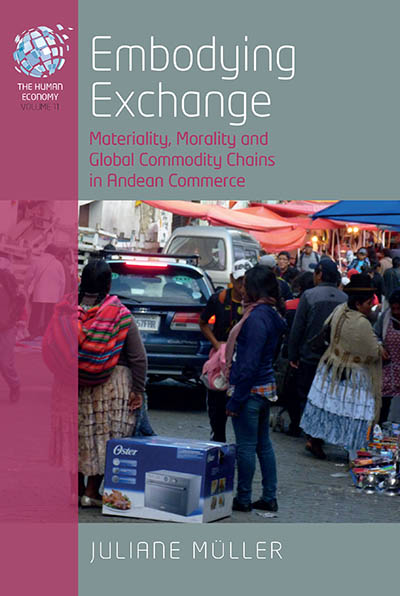 Published February 2024
Published February 2024 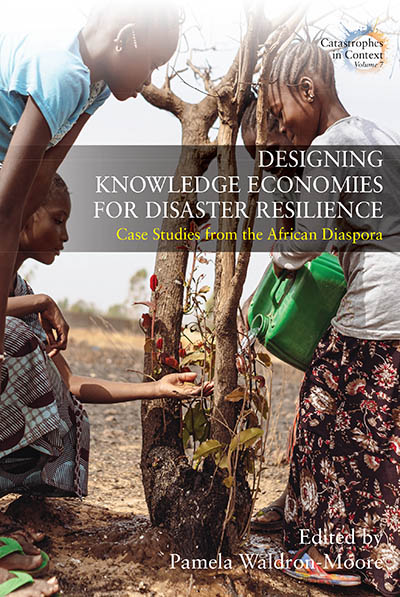 Published November 2023
Published November 2023 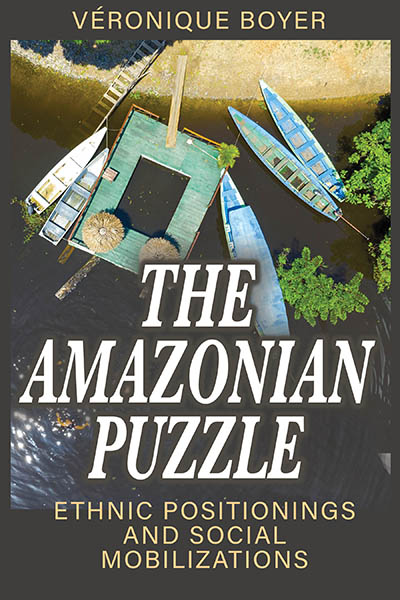 Published October 2023
Published October 2023 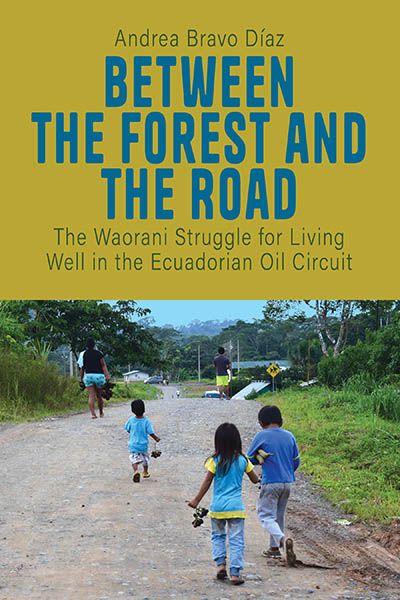 Published September 2023
Published September 2023  Published August 2023
Published August 2023 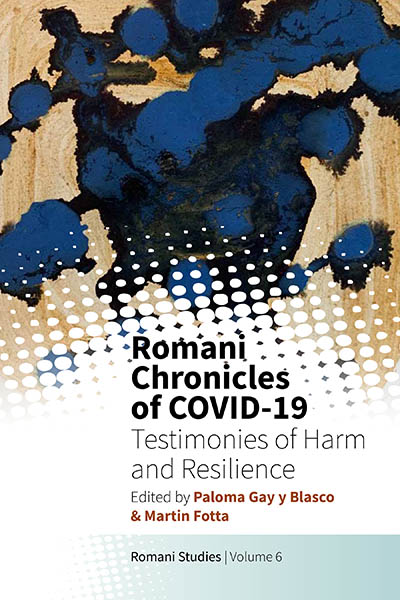 Published July 2023
Published July 2023 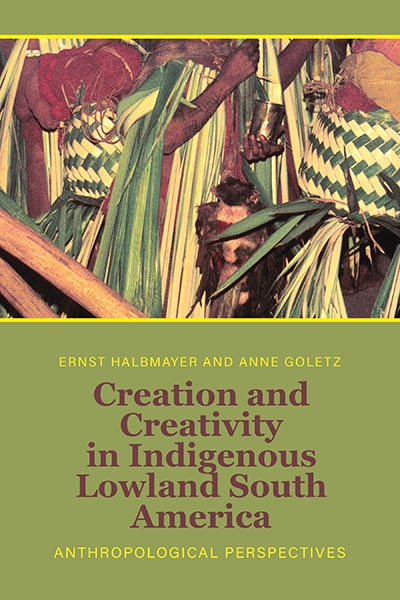 Published June 2023
Published June 2023 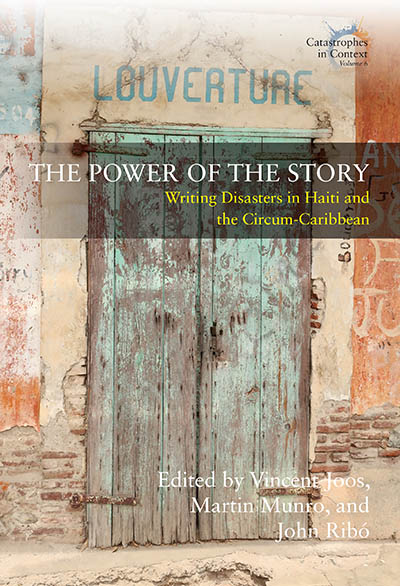 Published April 2023
Published April 2023 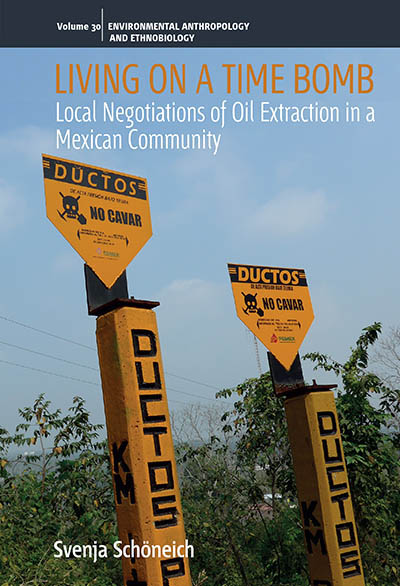 Published October 2022
Published October 2022 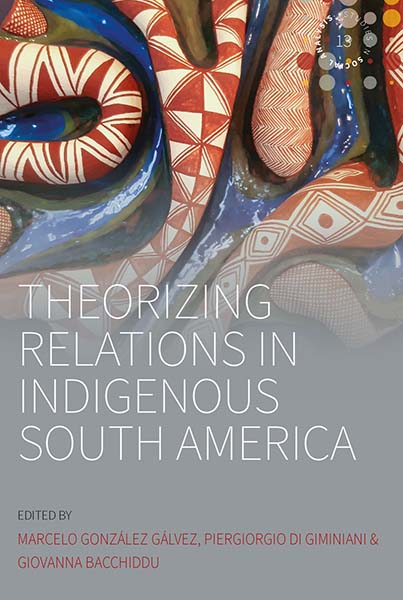 Published May 2022
Published May 2022 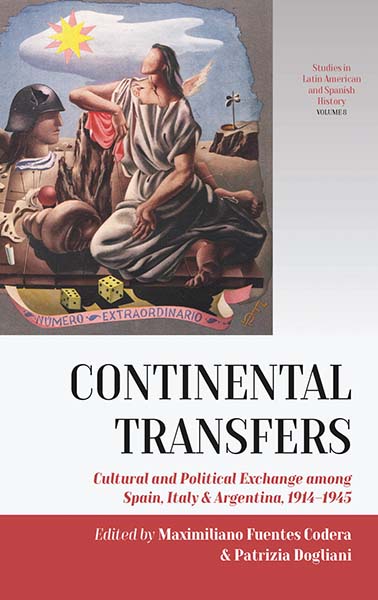 Published May 2022
Published May 2022 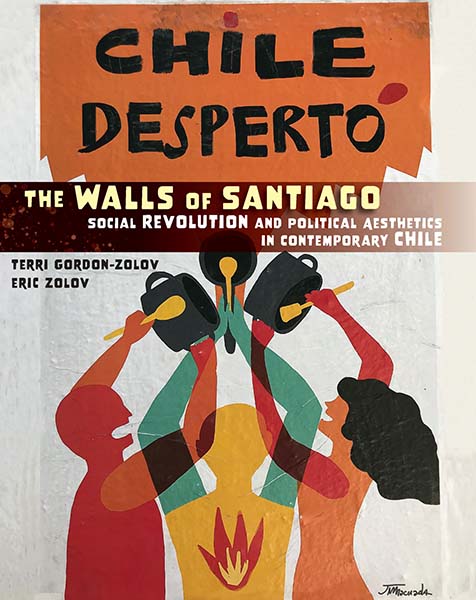 Published May 2022
Published May 2022 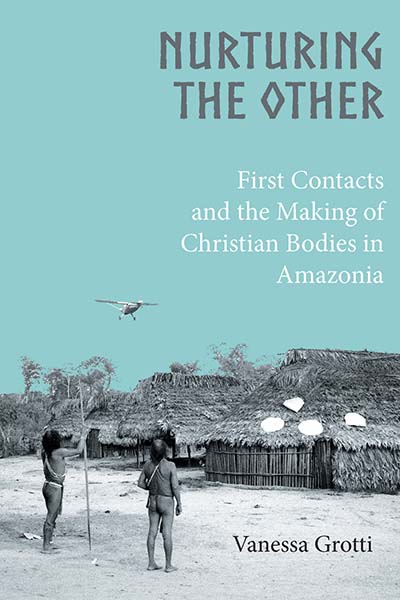 Published April 2022
Published April 2022 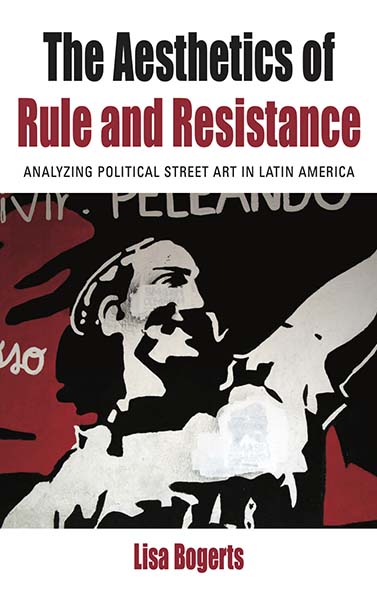 Published March 2022
Published March 2022 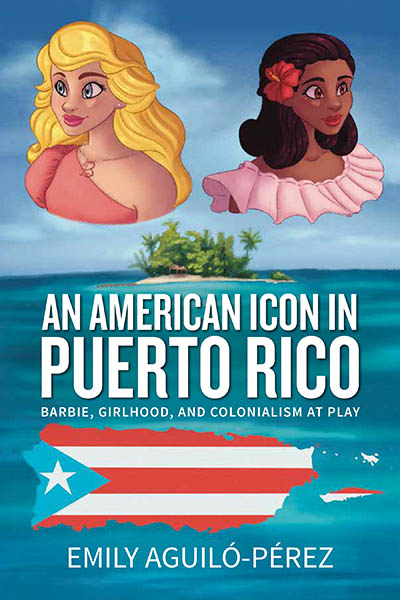 Published February 2022
Published February 2022 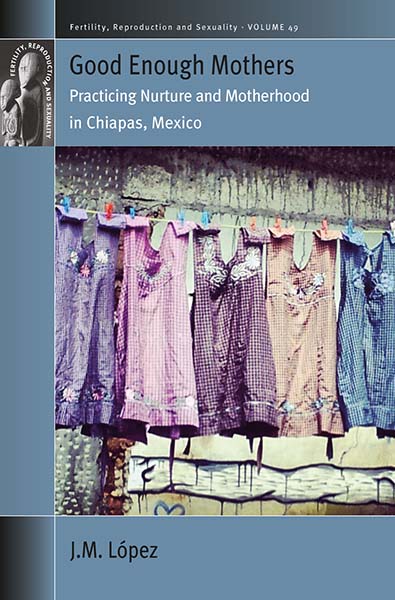 Published November 2021
Published November 2021 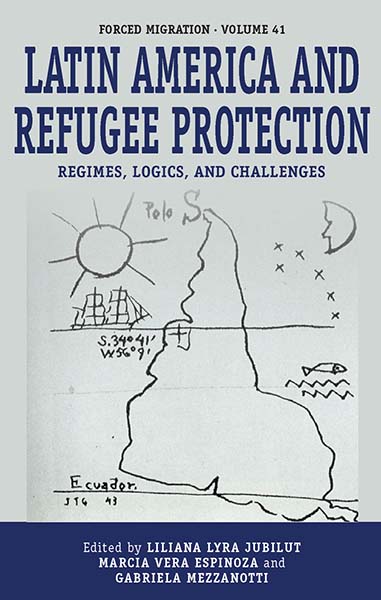 Published August 2021
Published August 2021 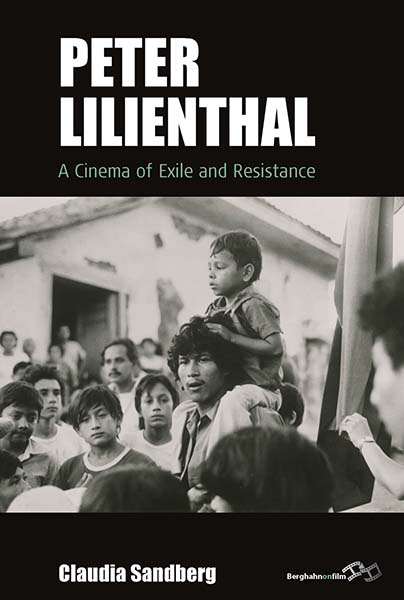 Published July 2021
Published July 2021 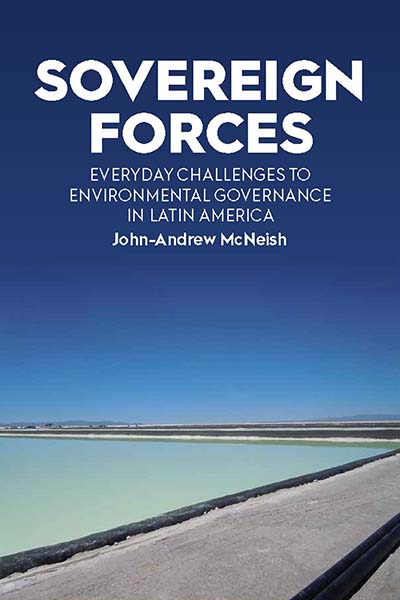 Published June 2021
Published June 2021  Published March 2021
Published March 2021 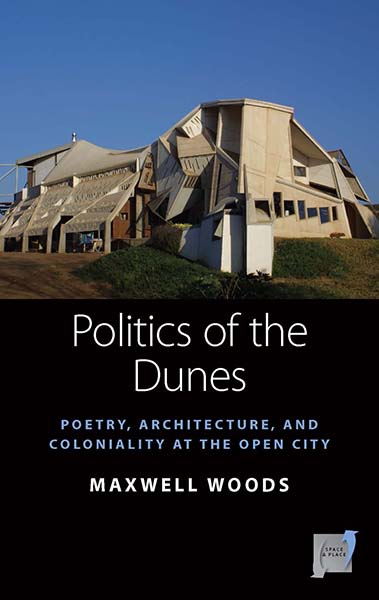 Published November 2020
Published November 2020 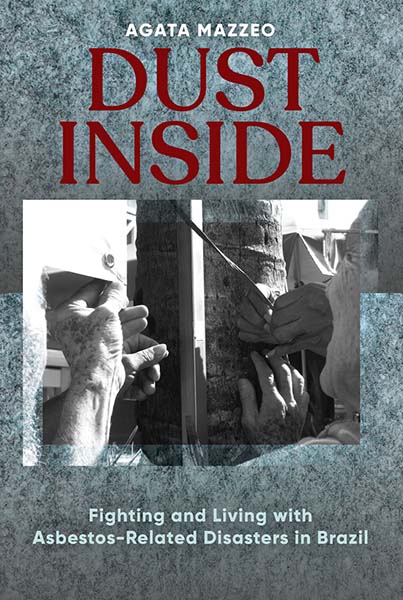 Published November 2020
Published November 2020 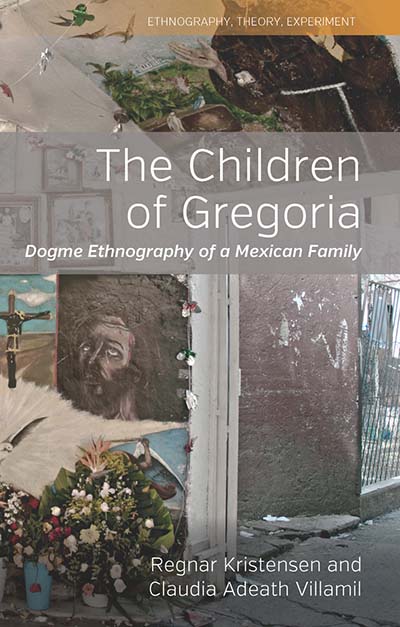 Published March 2020
Published March 2020 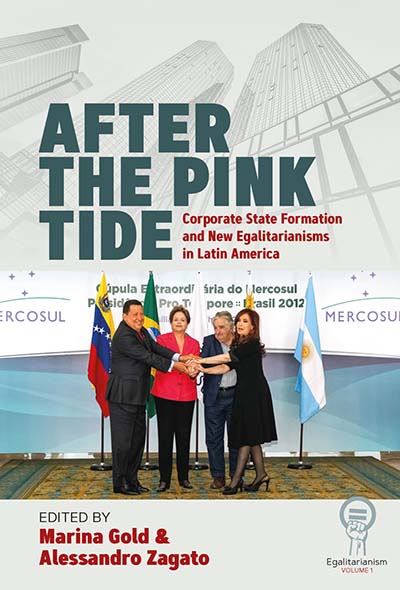 Published March 2020
Published March 2020 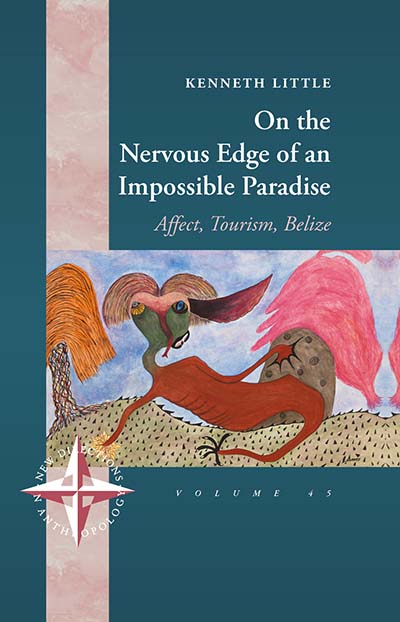 Published February 2020
Published February 2020 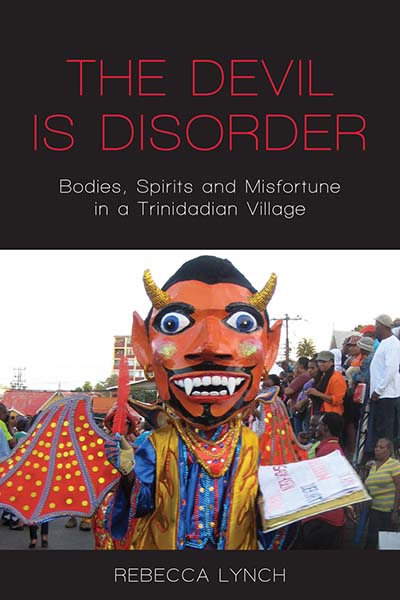 Published January 2020
Published January 2020  Published January 2020
Published January 2020 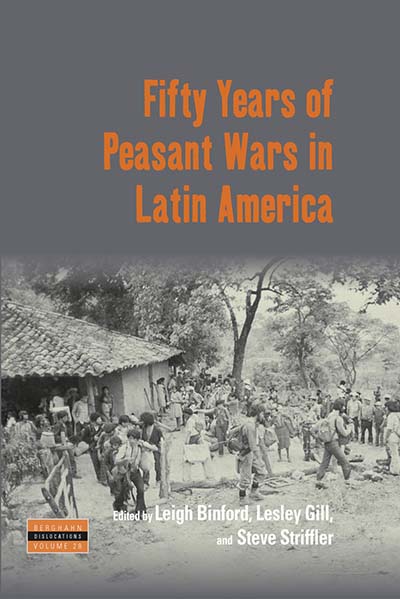 Published January 2020
Published January 2020  Published December 2019
Published December 2019 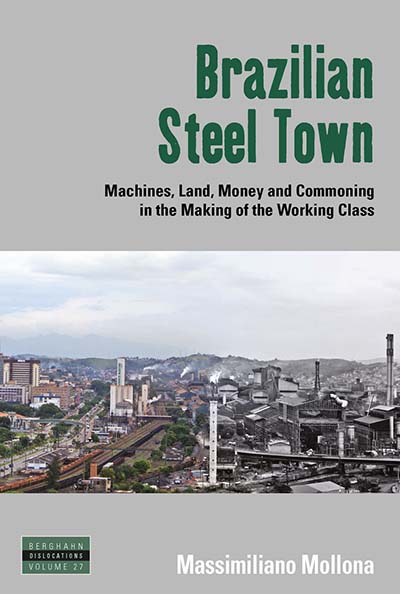 Published November 2019
Published November 2019 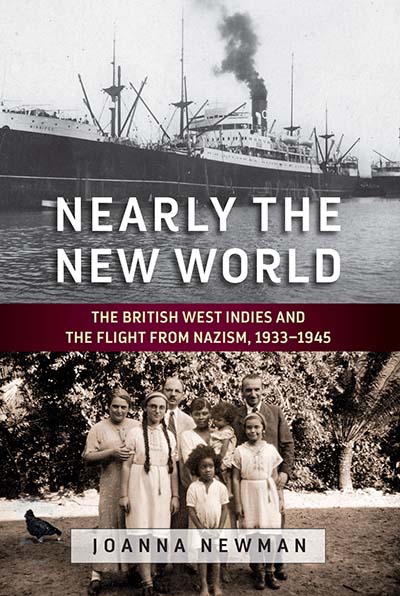 Published September 2019
Published September 2019 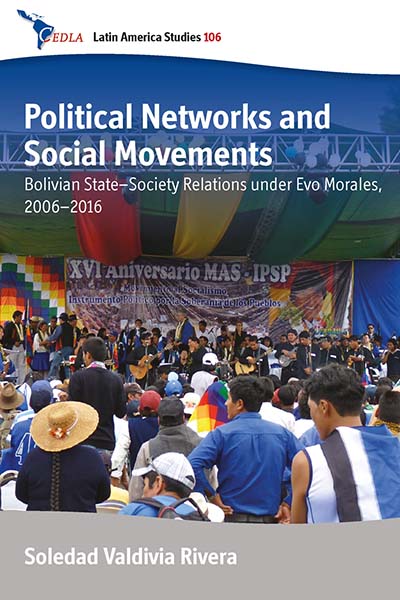 Published May 2019
Published May 2019 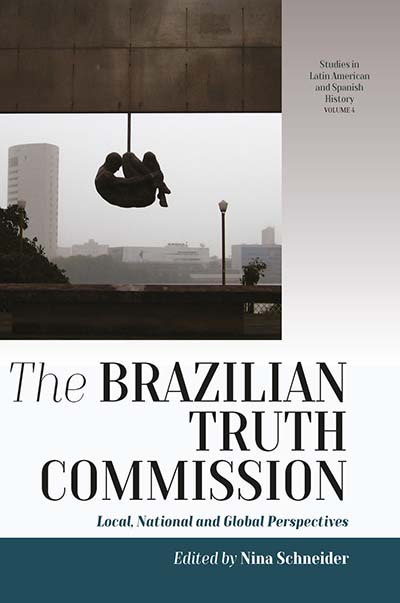 Published May 2019
Published May 2019 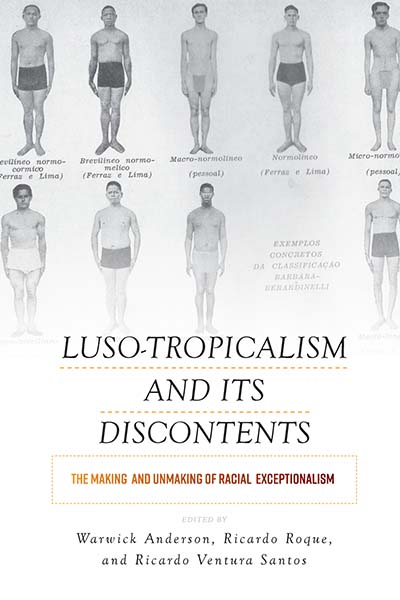 Published April 2019
Published April 2019 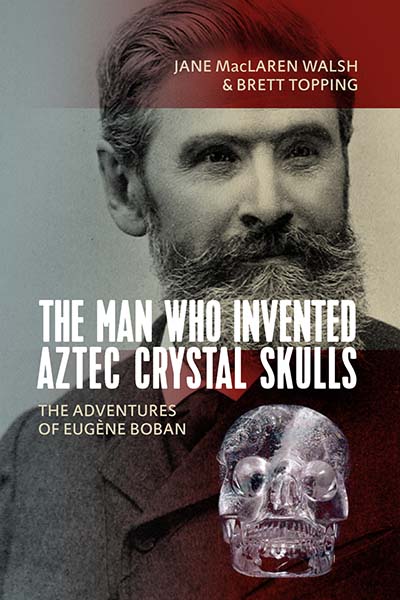 Published November 2018
Published November 2018 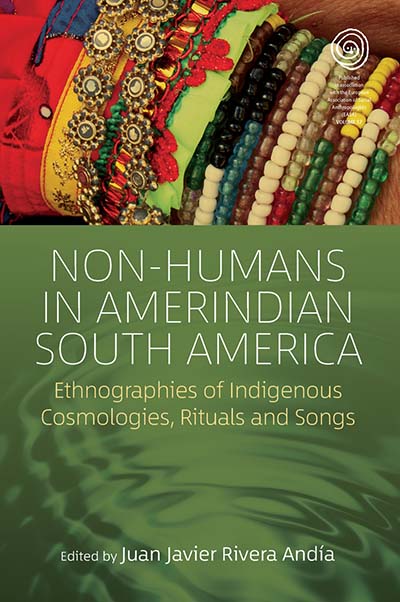 Published November 2018
Published November 2018 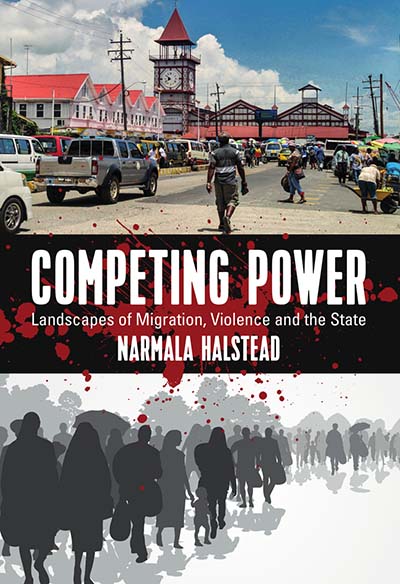 Published October 2018
Published October 2018 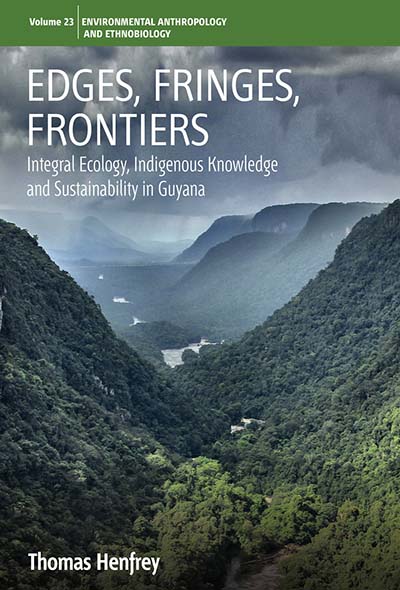 Published September 2018
Published September 2018 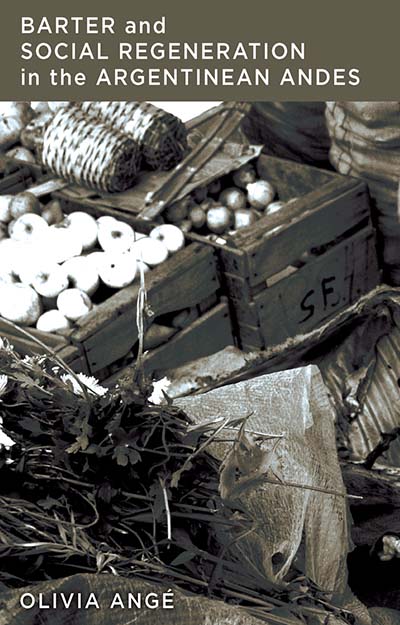 Published September 2018
Published September 2018 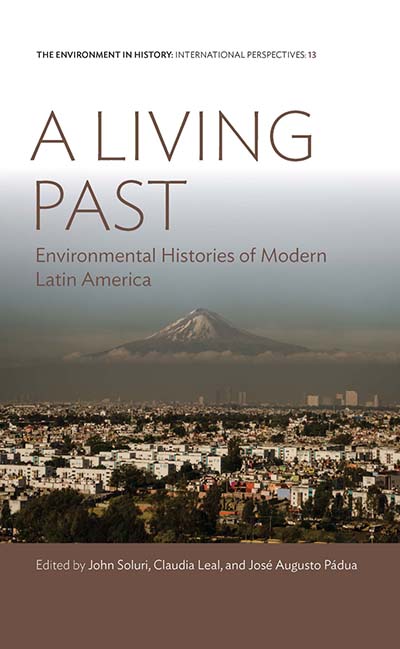 Published February 2018
Published February 2018 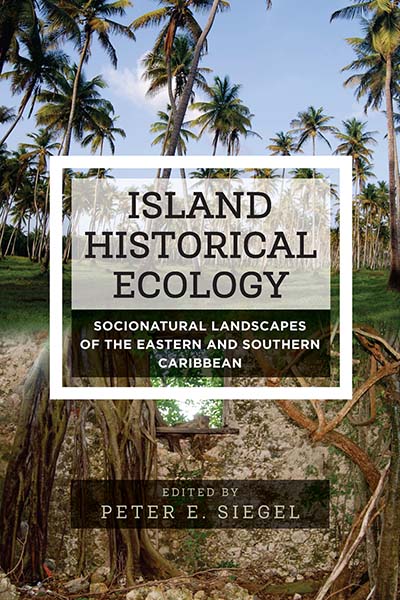 Published January 2018
Published January 2018 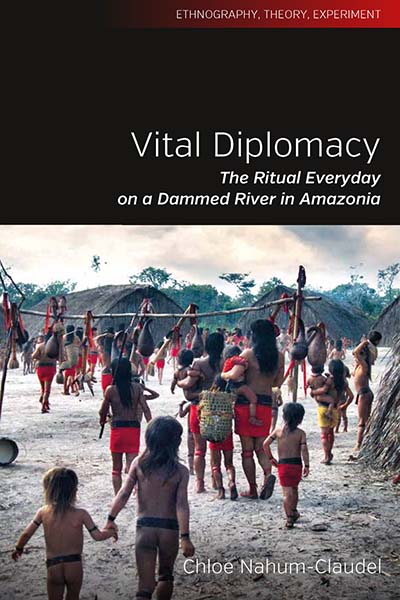 Published November 2017
Published November 2017 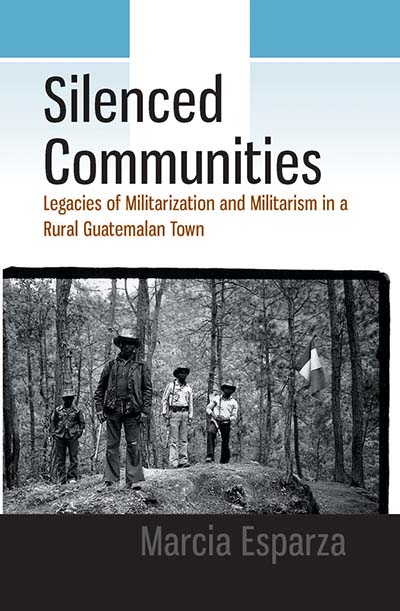 Published October 2017
Published October 2017 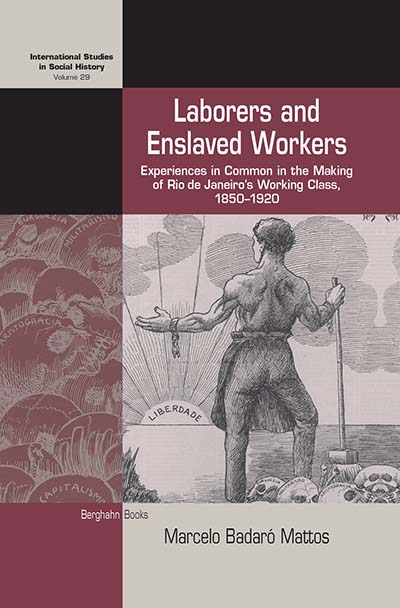 Published September 2017
Published September 2017 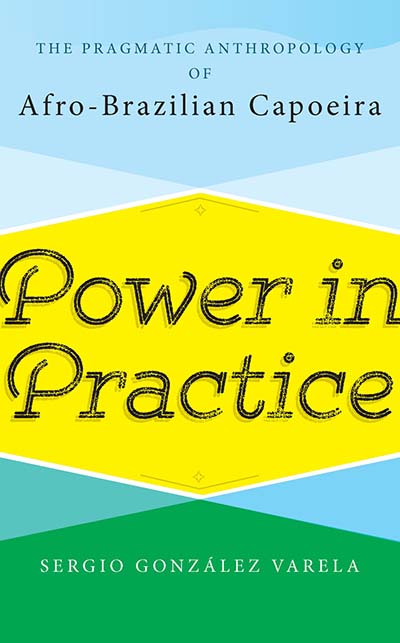 Published September 2017
Published September 2017  Published September 2017
Published September 2017 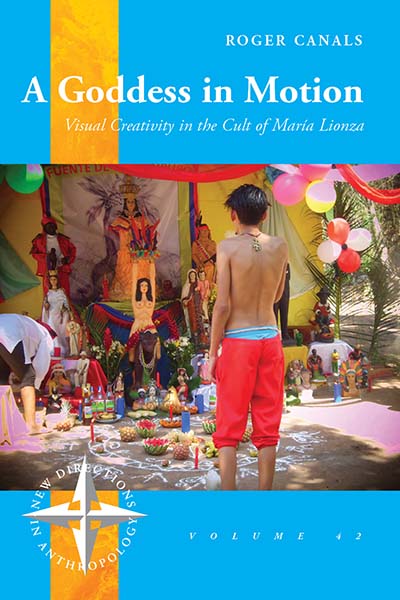 Published August 2017
Published August 2017 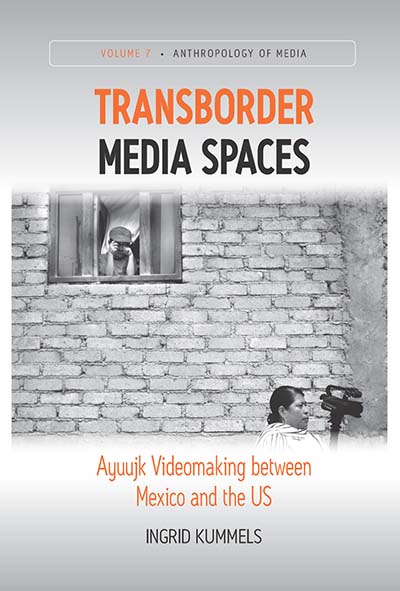 Published July 2017
Published July 2017 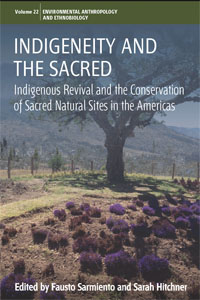 Published June 2017
Published June 2017 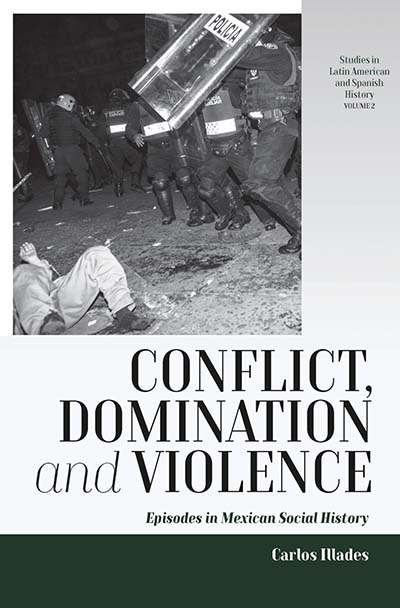 Published May 2017
Published May 2017  Published December 2016
Published December 2016 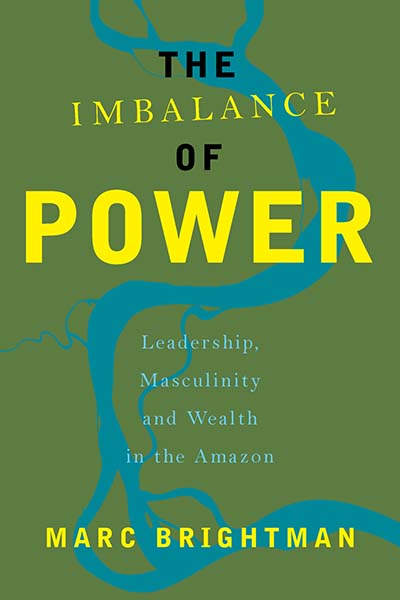 Published December 2016
Published December 2016 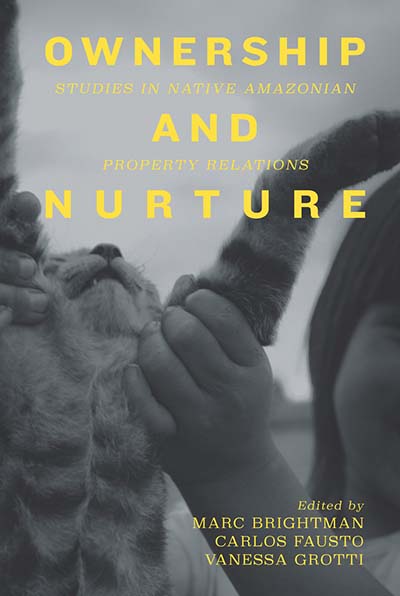 Published May 2016
Published May 2016 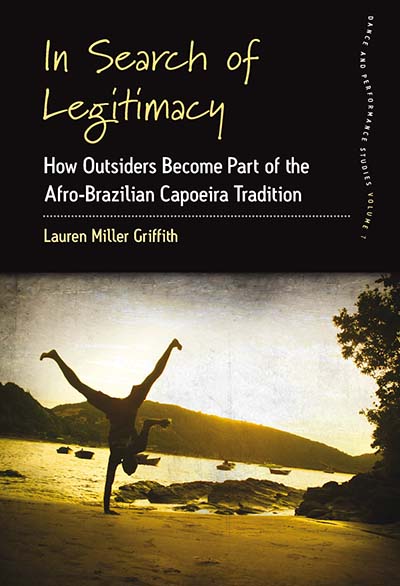 Published January 2016
Published January 2016 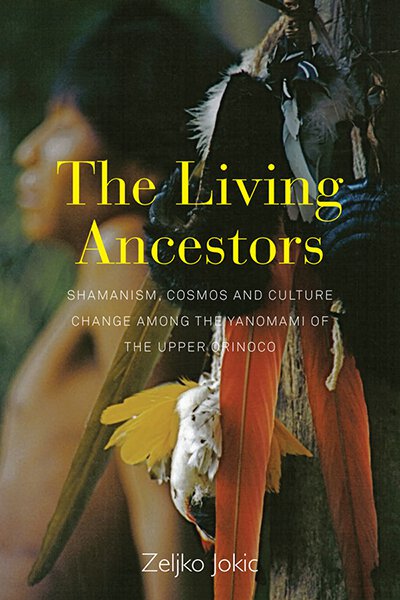 Published September 2015
Published September 2015 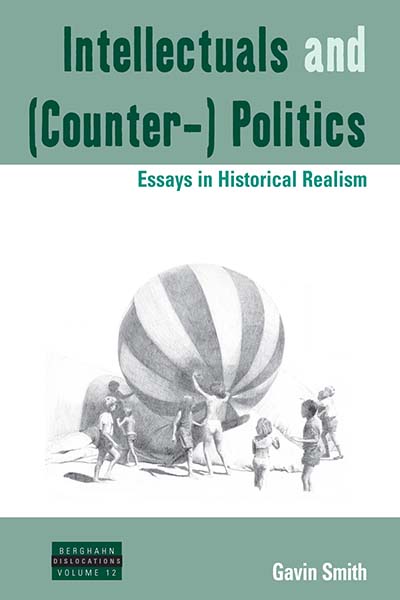 Published May 2014
Published May 2014 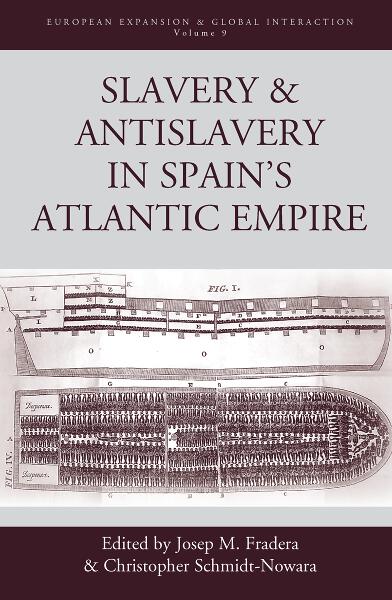 Published June 2013
Published June 2013 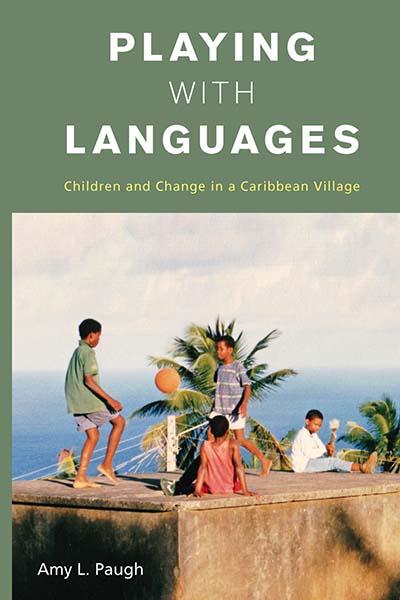 Published September 2012
Published September 2012 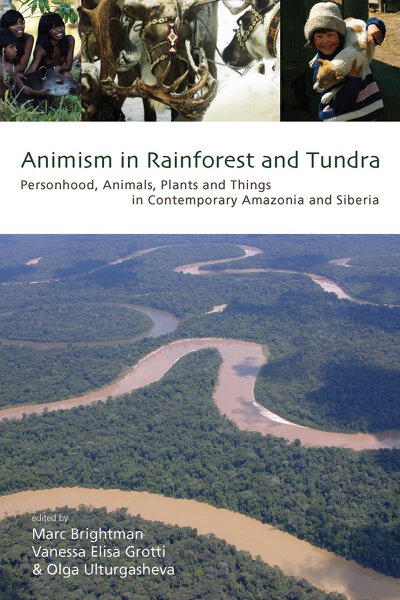 Published August 2012
Published August 2012 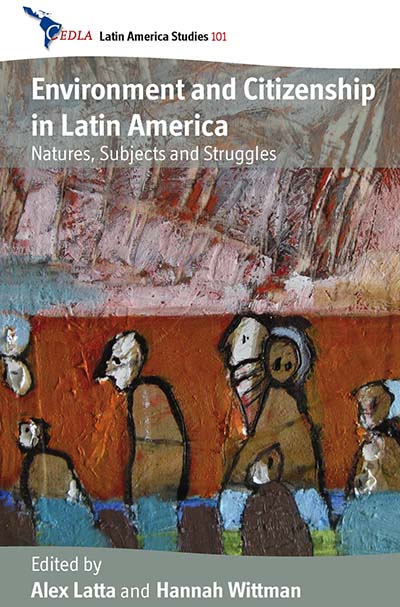 Published July 2012
Published July 2012 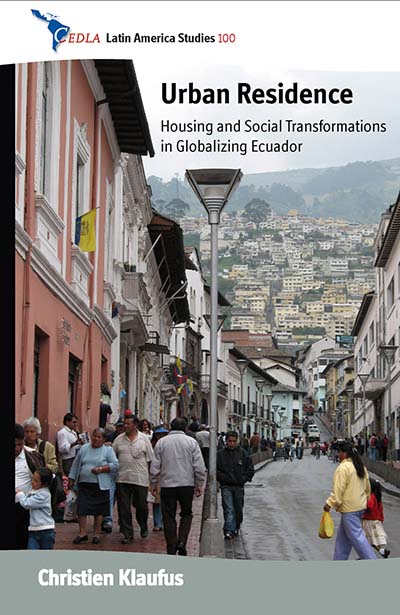 Published April 2012
Published April 2012 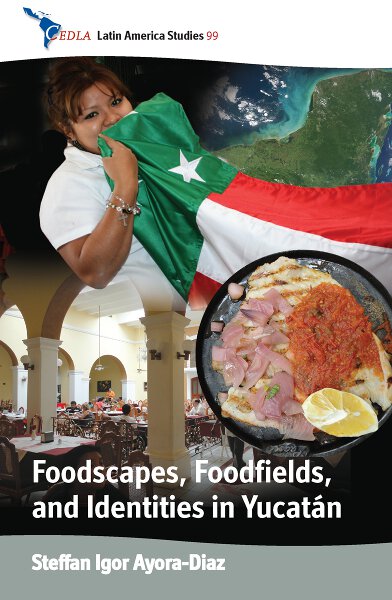 Published January 2012
Published January 2012 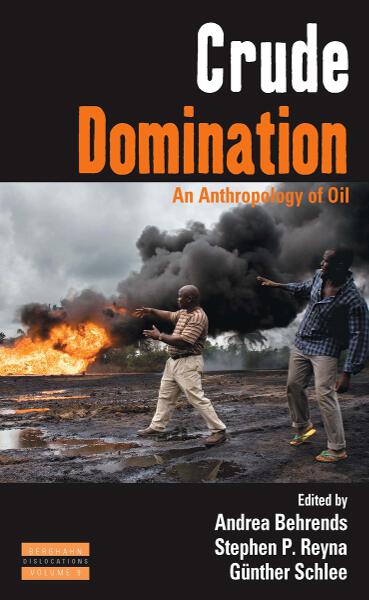 Published October 2011
Published October 2011 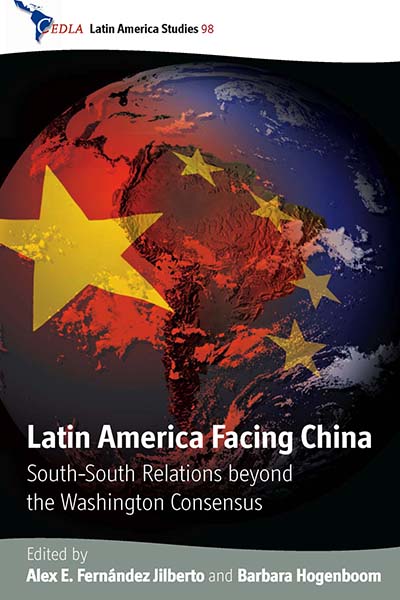 Published October 2010
Published October 2010  Published October 2010
Published October 2010 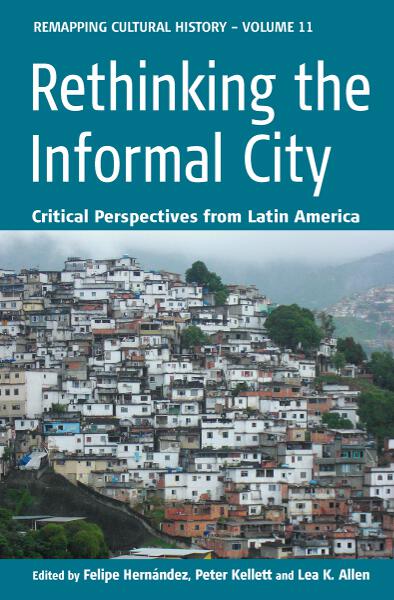 Published December 2009
Published December 2009 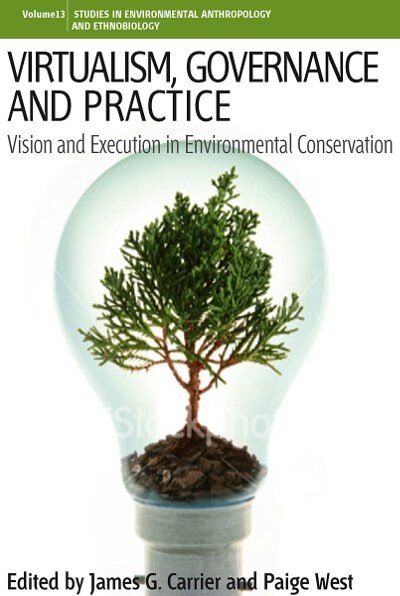 Published November 2009
Published November 2009  Published July 2009
Published July 2009 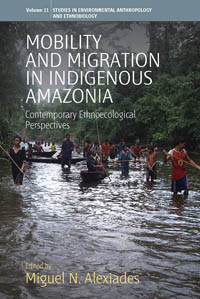 Published April 2009
Published April 2009 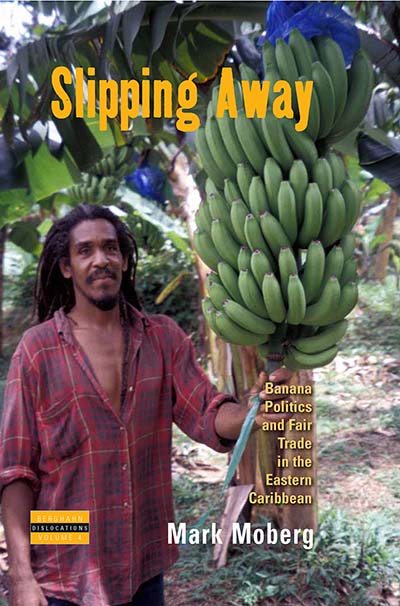 Published November 2008
Published November 2008 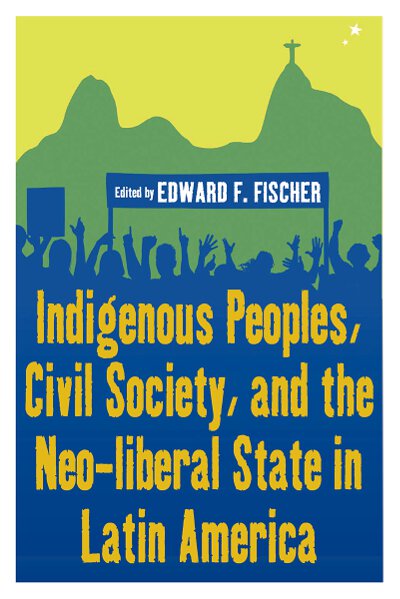 Published October 2008
Published October 2008  Published October 2008
Published October 2008 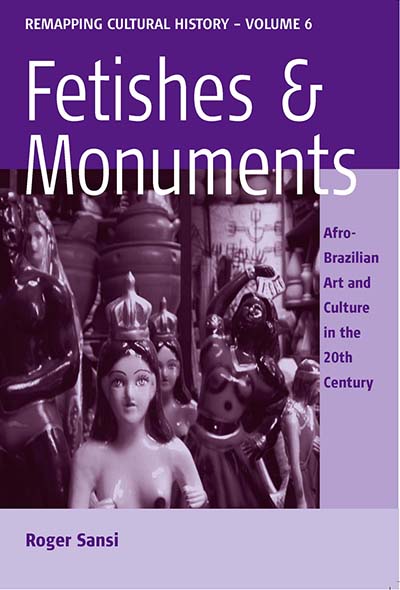 Published December 2007
Published December 2007 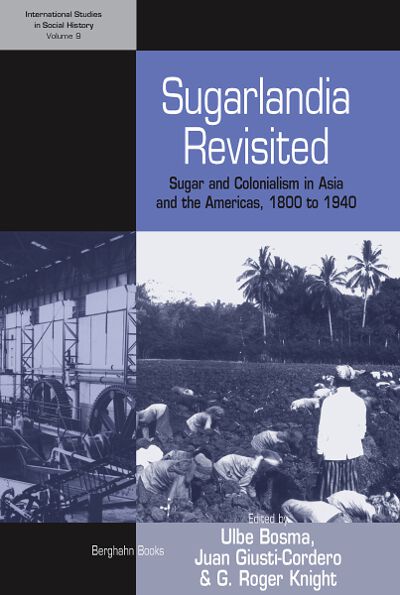 Published October 2007
Published October 2007 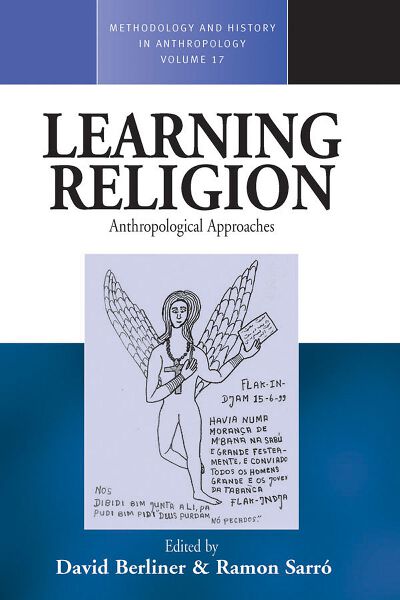 Published October 2007
Published October 2007 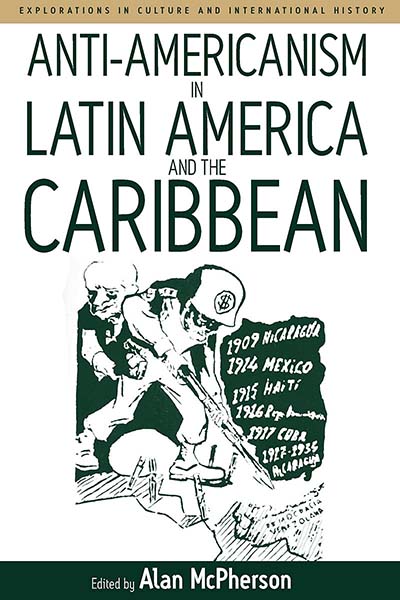 Published March 2006
Published March 2006 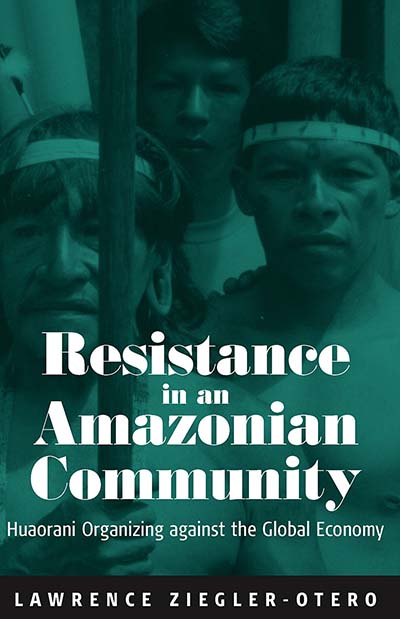 Published July 2004
Published July 2004